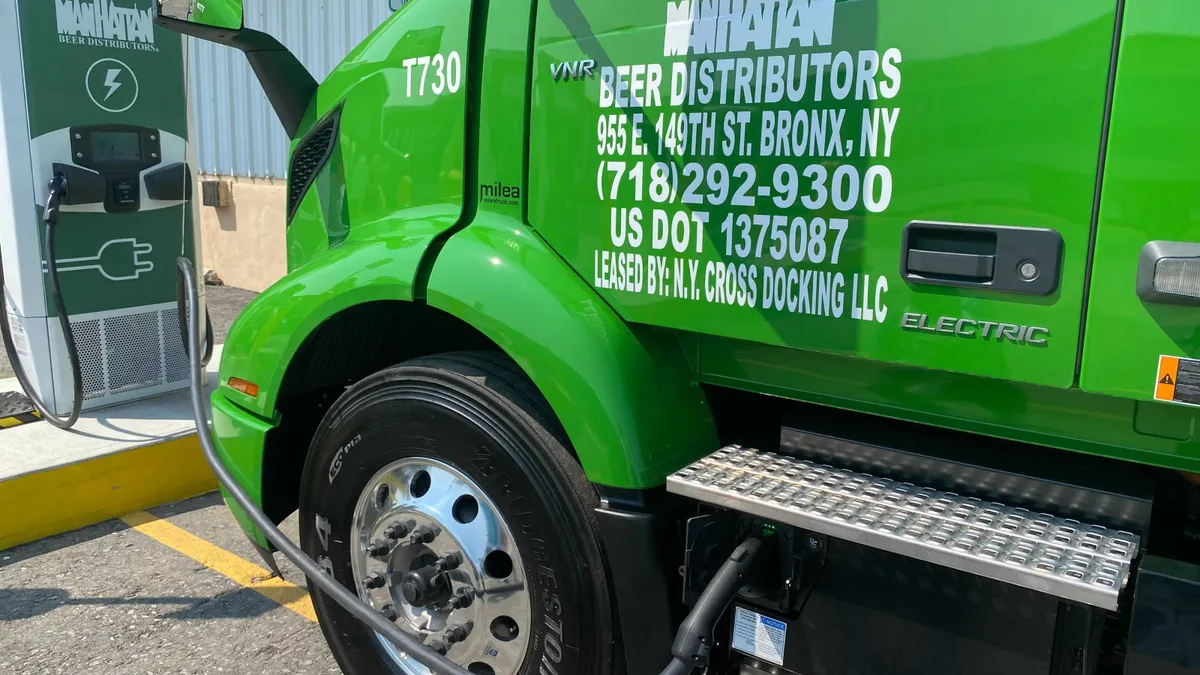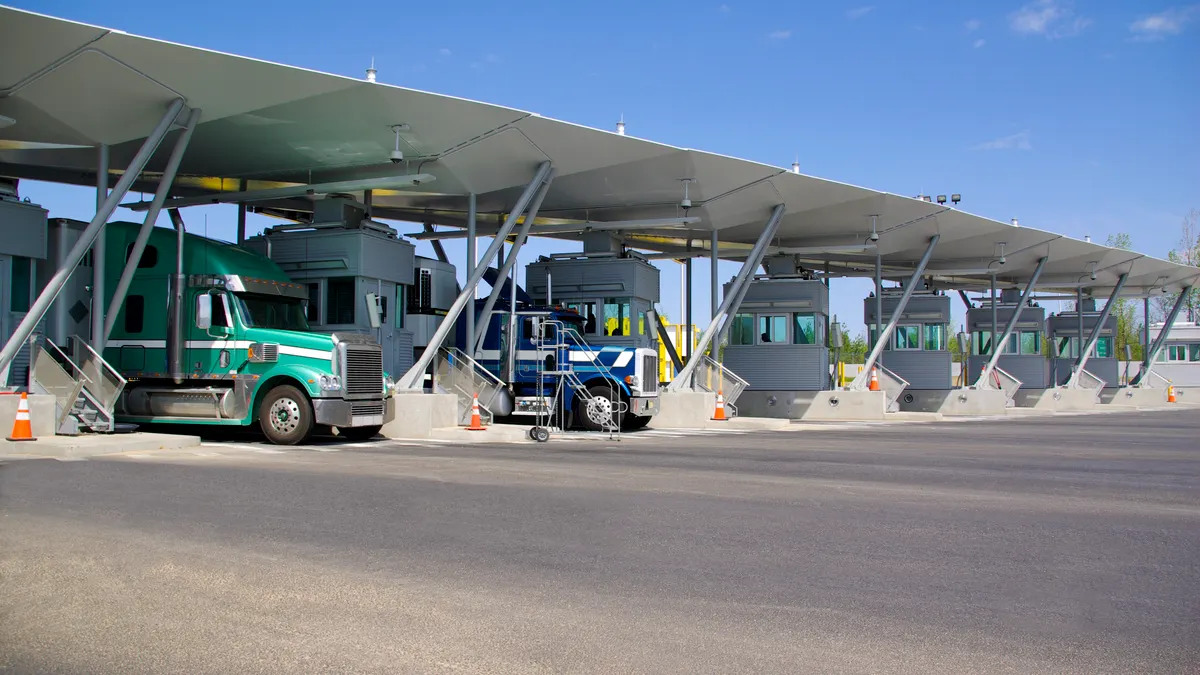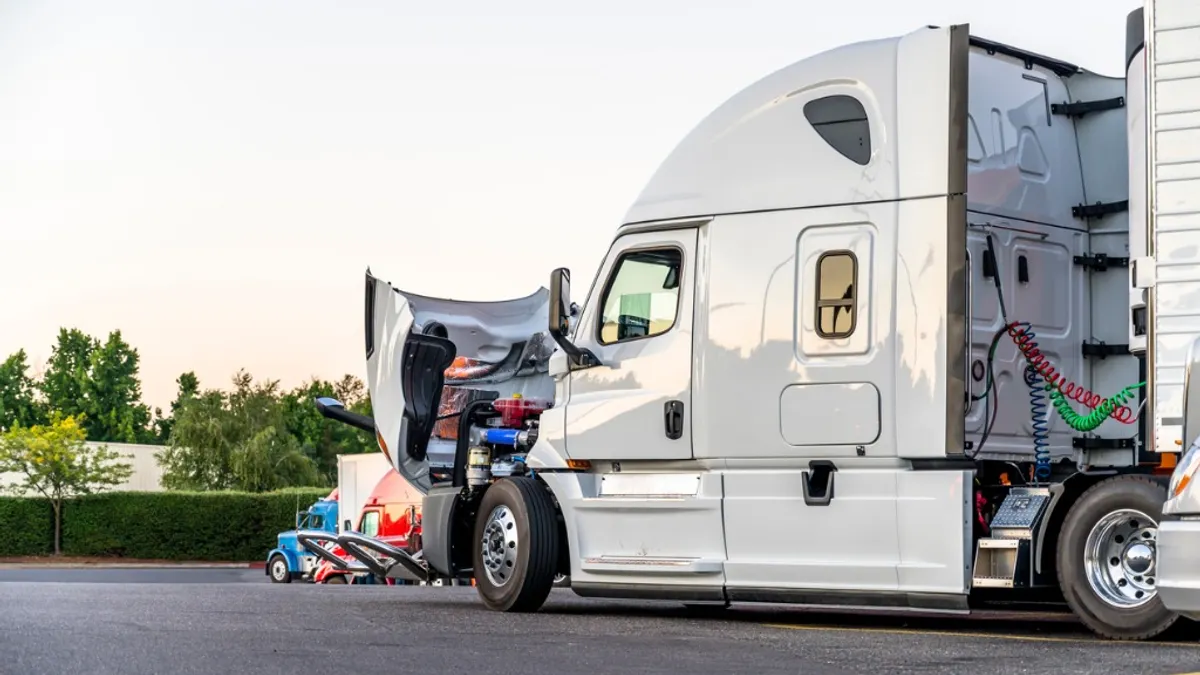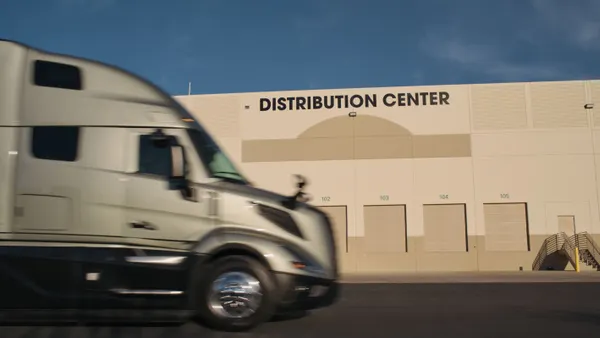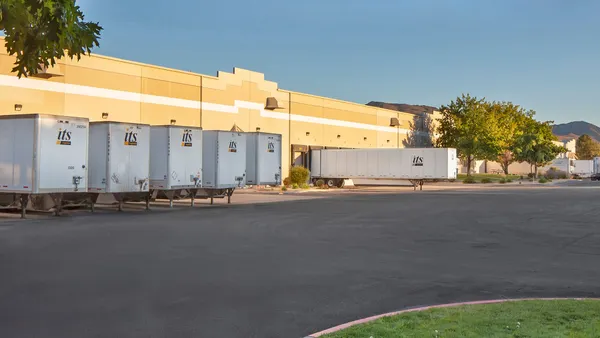As the transportation industry undergoes a monumental shift toward electrification, trucking fleets are increasingly turning to electric vehicles (EVs) as a solution to reduce tailpipe emissions, manage operations costs and meet regulatory requirements. As the adoption of electric trucks accelerates, fleet managers are rapidly getting up to speed on budgeting for and scoping fleet electrification.
So, what’s needed to take a heavy-duty trucking fleet electric? Typically, the first components that come to mind are the EV chargers and the electric truck themselves. But one key element is often missed in the early stages of fleet electrification planning, proving later in the electrification project to be mission critical. This missing puzzle piece is managed charging.
What is managed charging?
While “smart charging” refers to the hardware—the physical chargers with wi-fi connectivity—managed charging takes this a step further by integrating cloud-based software that actively optimizes the charging process. Unlike simple smart chargers, which offer passive data visibility like current energy consumption or state of charge, managed charging uses this data to automatically adapt to fleet operations in real time.
This technology ensures that charging schedules are optimized based on factors like energy consumption, duty cycles, utility rates and even local grid demand. The result is a more efficient, cost-effective and hassle-free way to manage the complexities of operating an electric fleet.
Benefits for the budget-conscious fleet manager
As fleets transition to electric vehicles, they face a host of new challenges. One of the most pressing is managing electricity costs, which can fluctuate on an hourly basis. Without a management system in place, electric fleet operators risk incurring unexpected costs from charging during peak demand times. This is where managed charging comes in.
Minimizing electricity costs is one of the primary benefits of managed charging. By automatically scheduling charging sessions during off-peak periods, when energy costs are lower, managed charging can help to ensure that fleets get the most value out of their energy consumption.
For a real-word example, Manhattan Beer has grown for over 45 years to be one of the largest beer and beverage distribution companies in the US. Using managed charging by bp pulse, Manhattan Beer is estimated to have saved over $22,000 (48%) in electricity costs in the first half of 2024 alone.*
*Compared to data modeled estimated costs for unmanaged charging without load management during the same time period (Jan-June 2024). Exact savings for your fleet can vary based on factors including your utility rates, charging strategy and equipment uptime.
Benefits for the uptime-conscious fleet manager
Another challenge fleet managers face whether operating an EV or diesel trucking fleet is maximizing vehicle uptime. Having the vehicles fueled—with gasoline, diesel, or electricity—is essential to meeting scheduling and delivery commitments.
Managed charging offers a solution by providing fleet managers with complete visibility of their charging operations. With real-time alerts and a centralized dashboard, fleet operators can quickly spot and respond to any issues—whether that’s a vehicle not charging correctly or an equipment fault. This ensures that fleets can maintain maximum uptime and minimize disruptions.
For instance, Manhattan Beer had 1,049 charging sessions throughout the first half of 2024. During those charging sessions, the average charger uptime was 97.5% and 89% of trips started with at least 80% state of charge. This allowed Manhattan Beer to operate their Volvo VNR trucks on time and on schedule.
Seamless integration and scaling
As the transportation electrification movement continues to surge, many fleets adopt electric vehicles, scaling the transition over time and operating a mix of diesel and electric trucks in the near term. To accommodate this, managed charging solutions are often designed to be technology-agnostic, meaning they can integrate seamlessly with existing fleet telematics, EVs and chargers, regardless of the manufacturers.
This integration ensures that fleet operators can continue using the tools and systems they’re already familiar with while benefiting from the enhanced capabilities of managed charging. Whether you’re working with electric trucks, diesel vehicles, or a mix of both, managed charging makes it easier to optimize energy consumption and maximize vehicle performance.
The future of fleet electrification
As the demand for electric trucks continues to grow, the need for smart, efficient energy management will only increase. Managed charging systems are essential for fleets looking to maximize the benefits of EV adoption—helping them save on energy costs, reduce downtime and future-proof their operations. With the right infrastructure and energy management tools, fleets can successfully transition to electric vehicles while reducing costs and tailpipe emissions.

